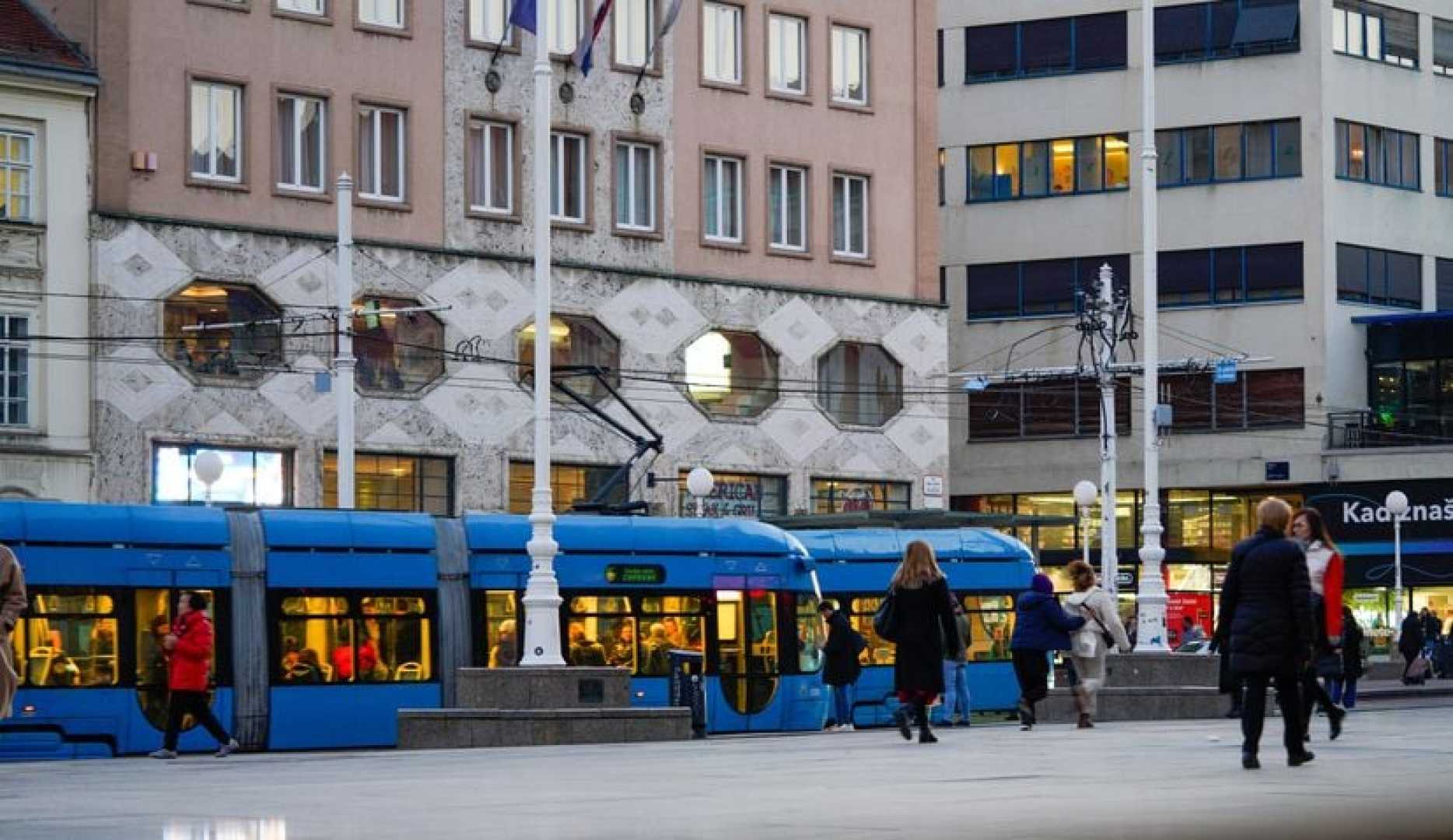Politics
Croatia Eases Return for Diaspora Without Citizenship

ZAGREB, Croatia, 12 February 2025 (Hina) – Croatia is taking new steps to assist immigrants and returnees from the diaspora who lack Croatian citizenship. The government plans to amend the Law on Relations with Croats Abroad, facilitating a more favorable regulation of their stay in Croatia.
Zvonko Milas, State Secretary of the Central State Office for Croats Abroad, explained in an interview that those eligible will receive a certificate from the Ministry of Demography and Immigration, allowing them to stay for up to two years. With this certificate, immigrants can find employment, access Croatian language courses, and apply for citizenship.
The proposed amendments are expected to be reviewed soon by the Croatian Parliament, as part of ongoing efforts to support those with Croatian descent. Milas noted that five years ago, the government had already streamlined the citizenship application process for individuals of Croatian descent wishing to relocate.
The uptake has been significant. In 2023, over 6,500 citizenship applications were processed, a reflection of a growing interest particularly from South America. Milas stated, “Today, around one million Croats with Croatian citizenship live around the world, representing a third of the estimated 3.2 million Croatian emigrants and their descendants abroad.”
Responding to the sentiment that acquiring Croatian citizenship is merely a gateway to wealthier EU nations, Milas remarked, “I’m not convinced that so many members of the diaspora would go through the effort of learning the Croatian language only to leave again.” His office thus provides up to 500 scholarships annually for language learning. The rise in demand has led to online courses with over 20,000 participants.
Milas observed that many scholarship recipients settle permanently in Croatia, forming families and starting careers. Those who return to their countries of origin contribute a unique perspective that strengthens ties between Croatia and their home nations.
Among the government’s incentives for returnees is recent legislation exempting them from income tax for five years, effective January 1 this year. This policy extends to descendants of Croatian emigrants who have lived abroad continuously for at least two years. Milas emphasized, “These tax benefits apply to all members of the Croatian nation and Croatian citizens living in European and overseas countries,” anticipating positive results from this initiative in the coming year.
Security remains a significant factor influencing the decision to return. Milas stated, “Uprooting oneself and moving to another country is never easy. Security is not a given everywhere, and it’s one of the most significant factors influencing the decision to return.”
Trends in immigration have shifted due to the COVID-19 pandemic. Milas noted, “For the first time since Croatia’s independence, we saw an increase in immigration from Australia, Canada, and the United States.” Many were drawn to Croatia’s pandemic management strategies, emphasizing the need for a collaborative approach in viewing immigration and demographics.
The Croatian government has also implemented a special admission quota for students from the Croatian diaspora since the 2018/2019 academic year, which has resulted in over 200 students enrolling. Plans are underway to expand these quotas to include private institutions and more English-language programs.
To strengthen connections with the diaspora, the government’s Council for Croats Abroad is increasing membership from 55 to 65, including representatives from Bosnia and Herzegovina, Croatian national minorities, and the Croatian diaspora. Furthermore, a Youth Council will be established to amplify younger voices. The government will also replace a single-day event with a Week of Croats Abroad to better showcase Croatian heritage and foster international collaboration.
Milas reported an increase in financial support for diaspora projects, from €5-6 million nine years ago to €36 million today. Since 2016, over €400 million has been allocated for such initiatives. He expressed confidence in further developments, stating, “I am not afraid of demographic decline, but it is an issue we must discuss and actively combat.”
Addressing the situation of Croats in Serbia, Milas acknowledged their ongoing challenges. He reaffirmed Croatia’s commitment to support them, emphasizing, “They are facing challenges, but they know that Croatia stands behind them more firmly than ever before.” The Croatian government is working to ensure that existing agreements for representation of Croats in Serbia are upheld, although he admitted further efforts are needed.












